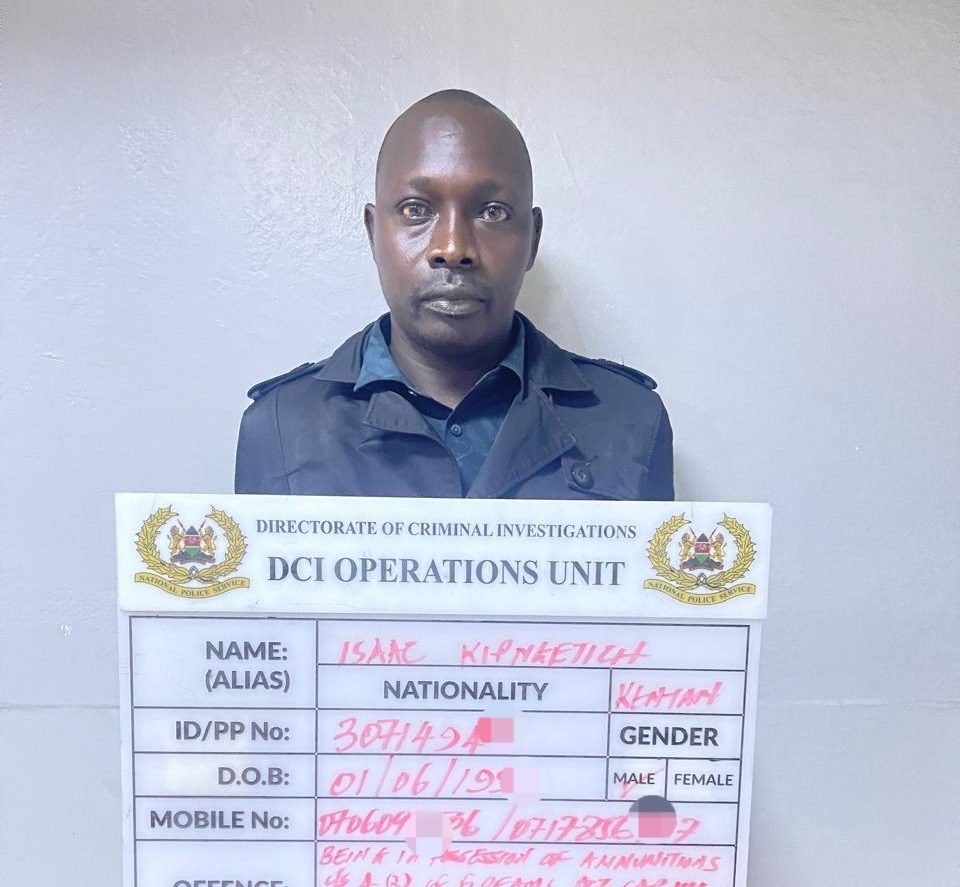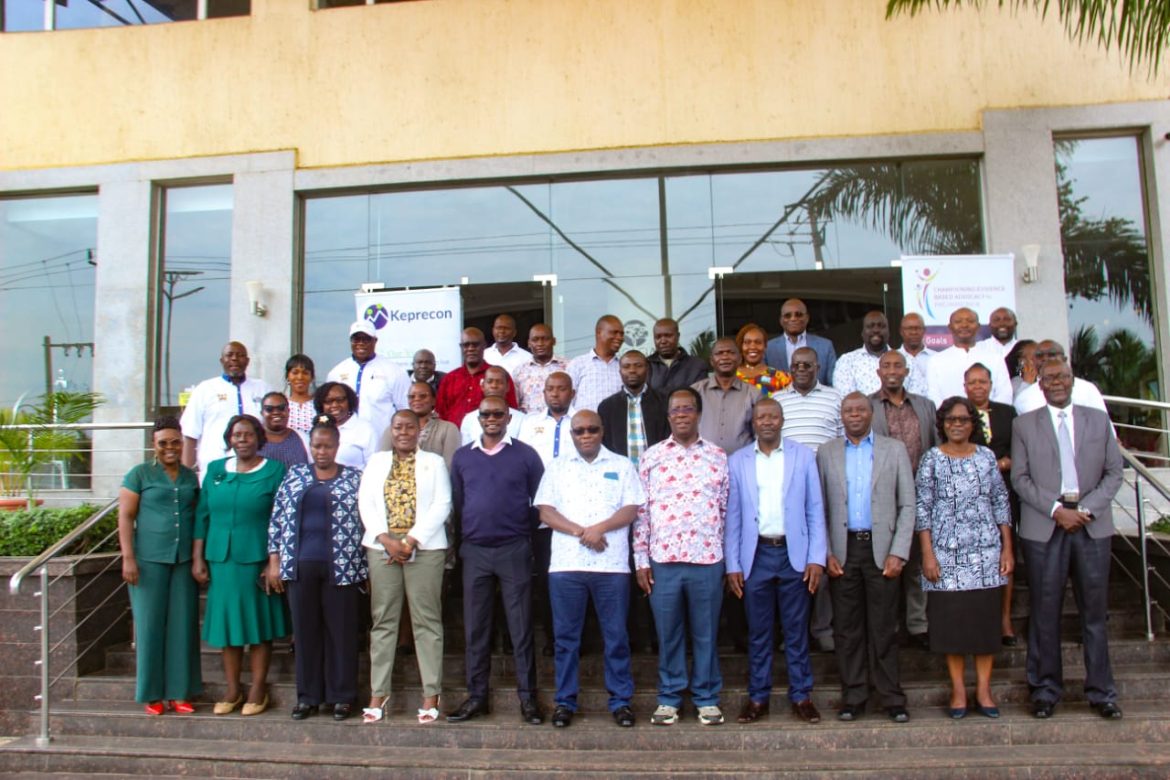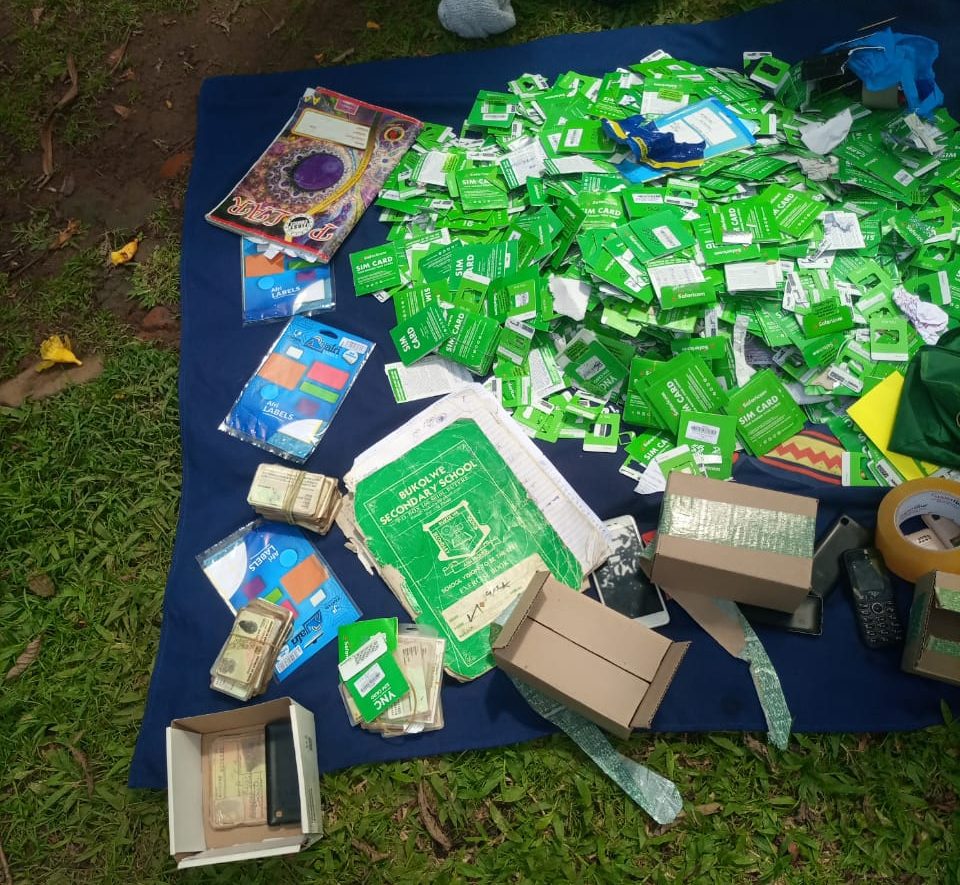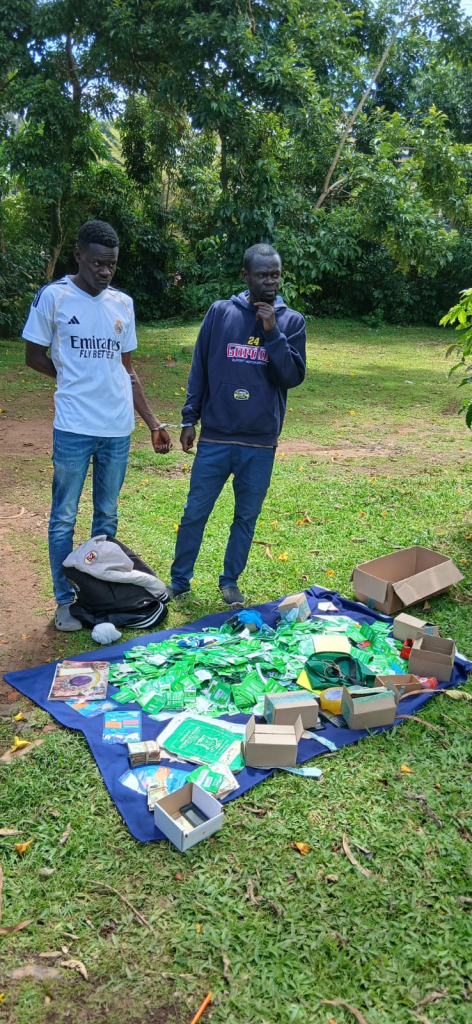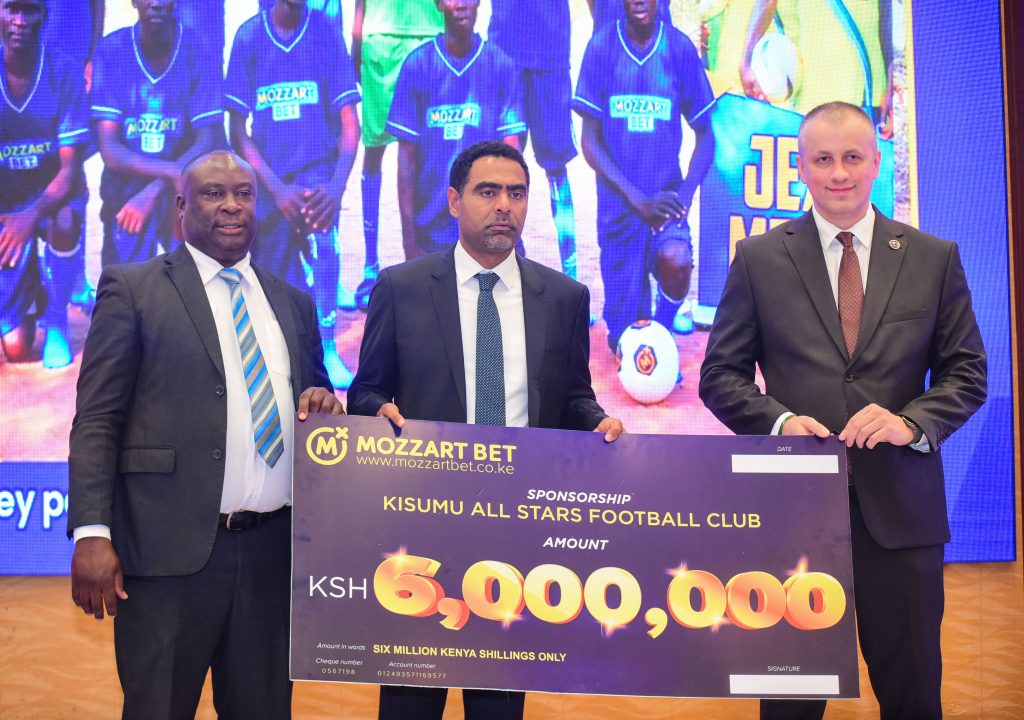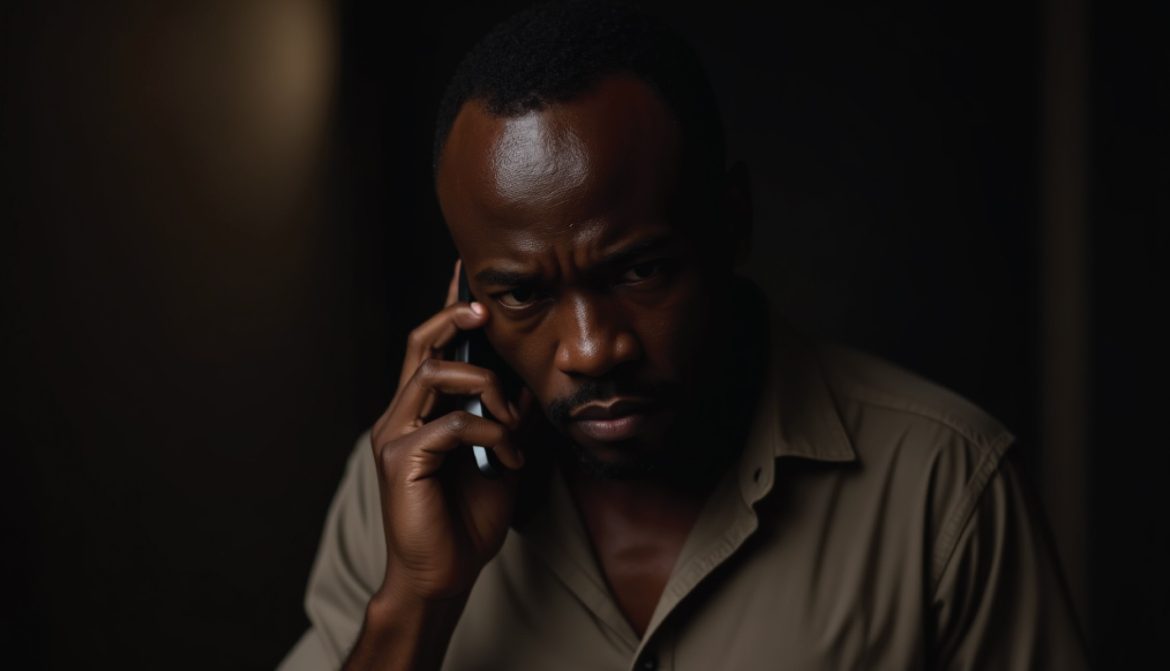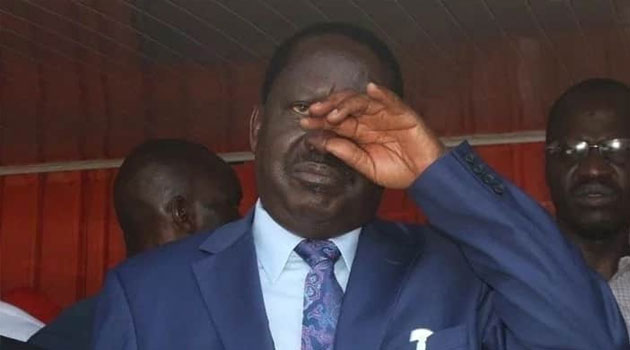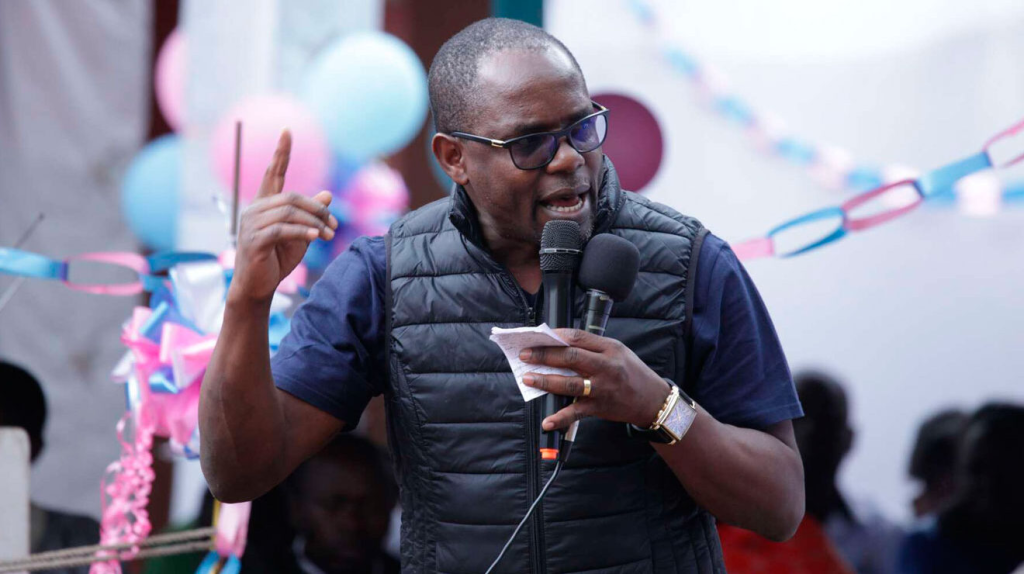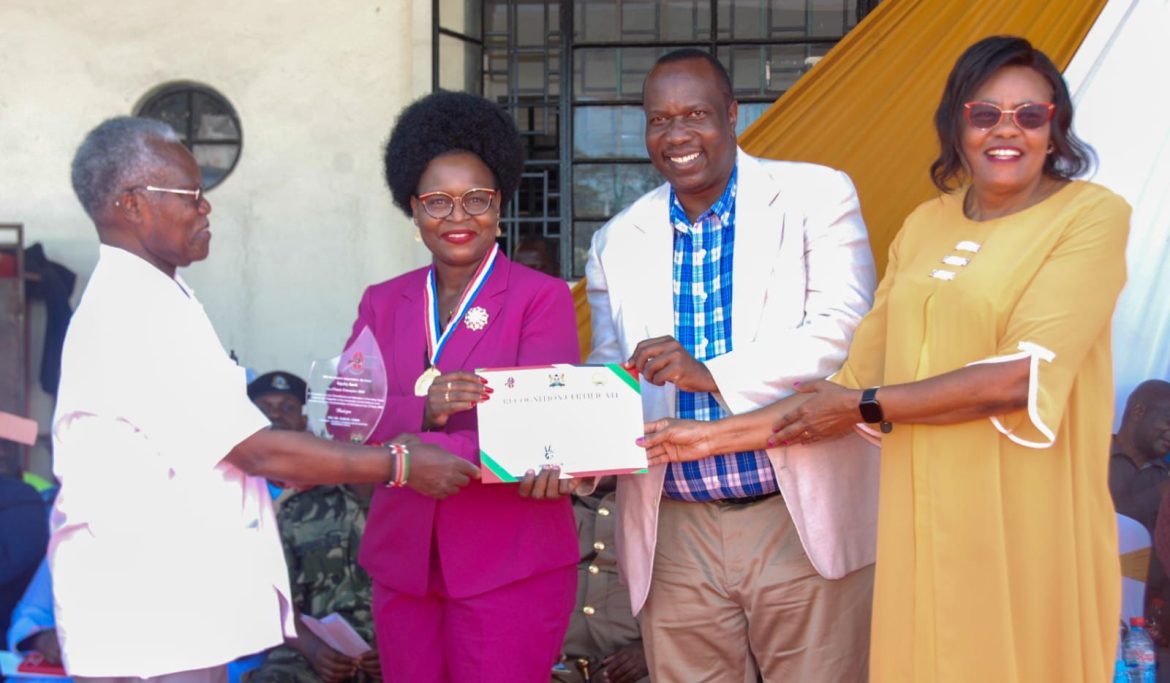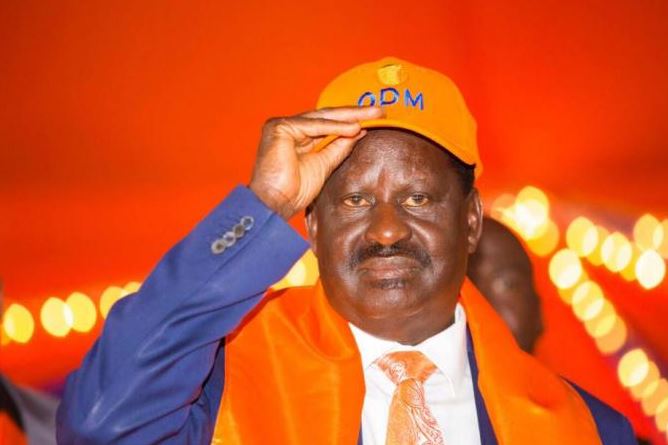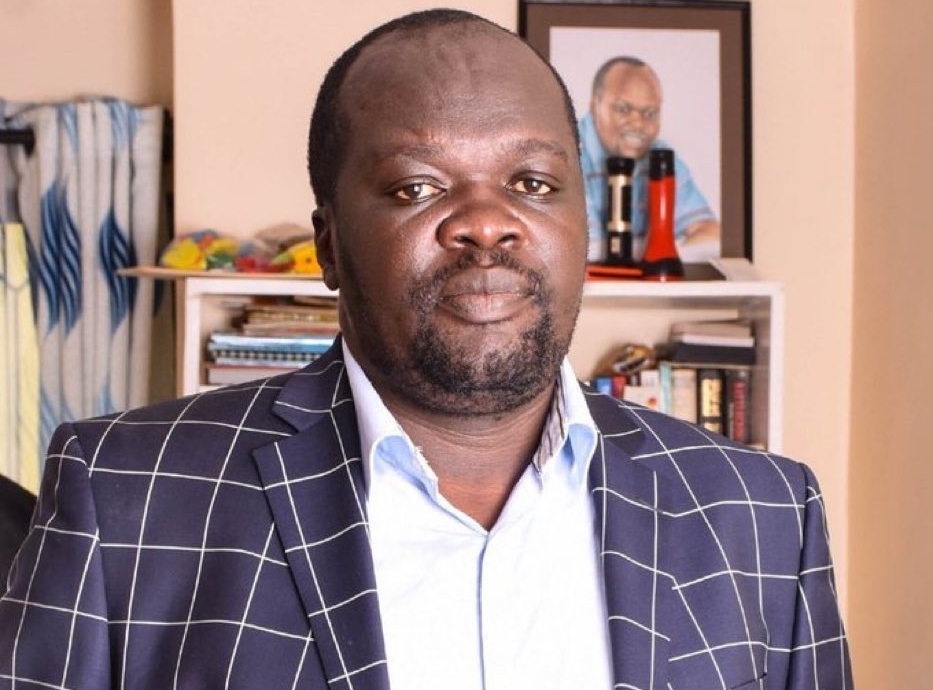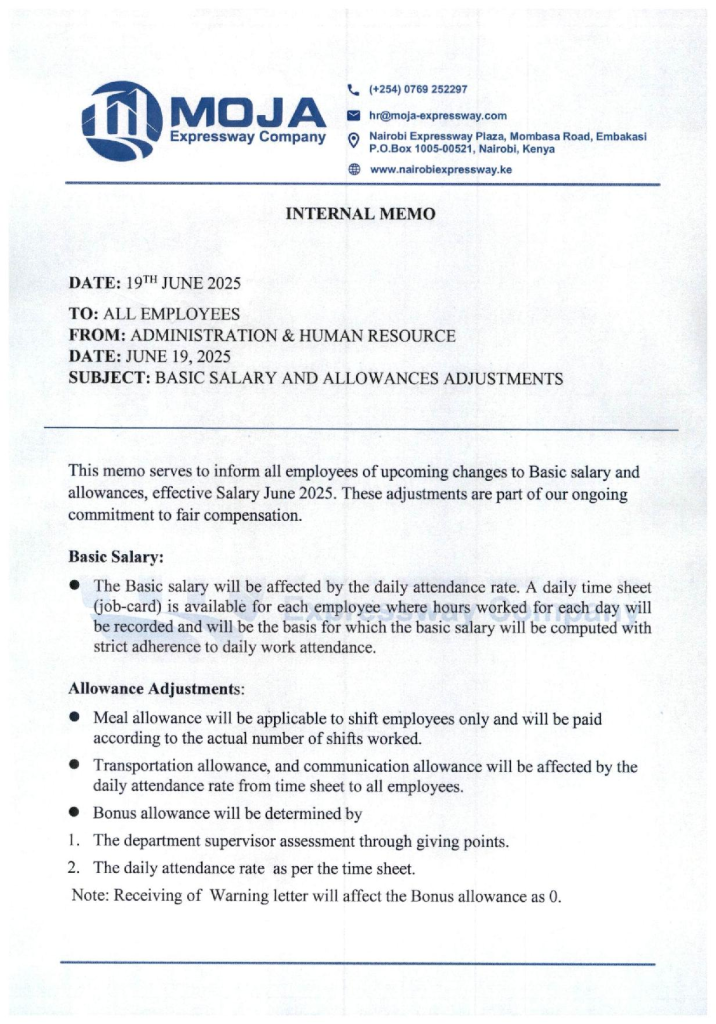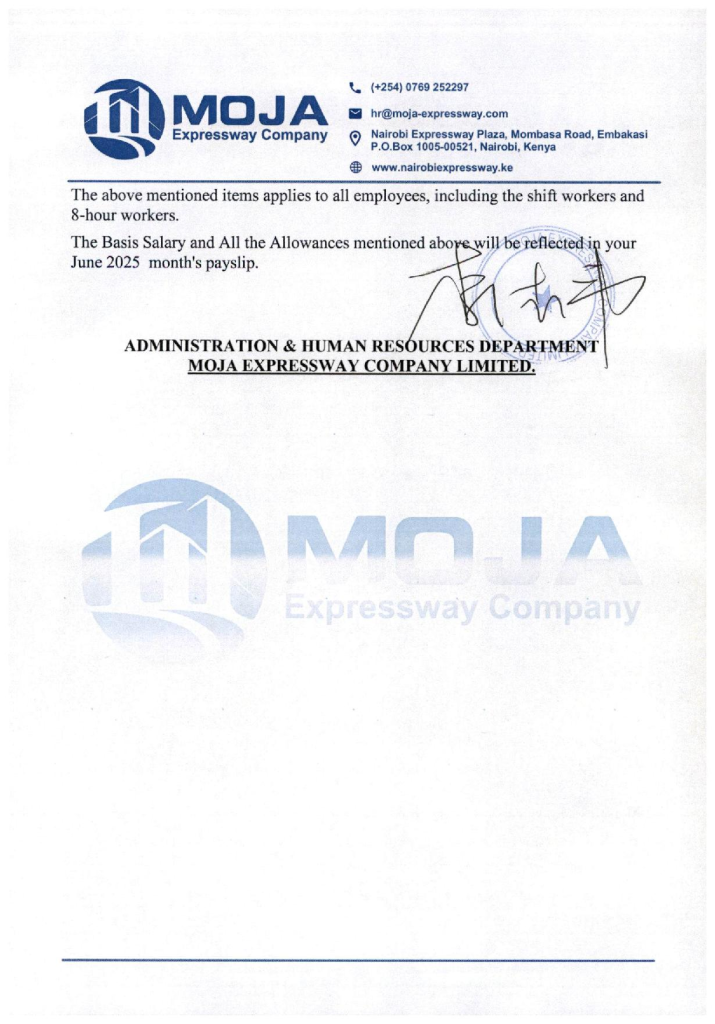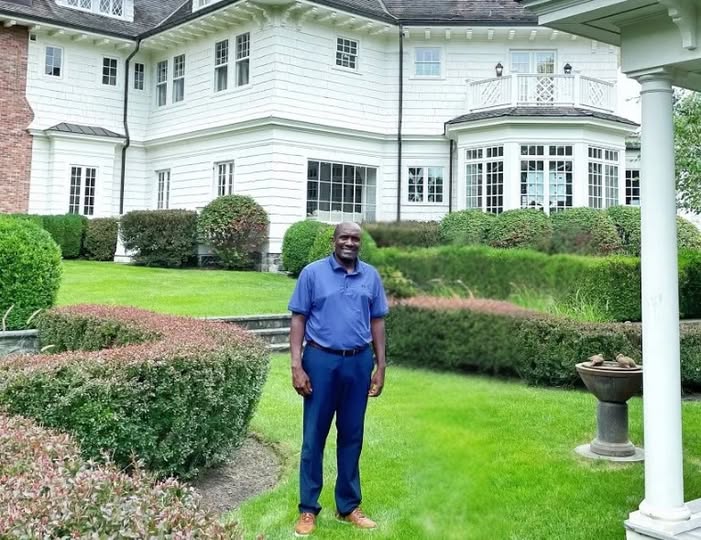Detectives from the Operations Support Unit (OSU) have arrested four law enforcement officers accused of running an illegal arms and ammunition trade that has fueled insecurity and violence in various parts of the country.
According to a statement shared on social media by the Directorate of Criminal Investigations (DCI), the suspects include Assistant Superintendent of Prisons Ekidor Lotira Charles (based in Turkana), Corporal Isaac Kipngetich (attached to Turkana County Police Headquarters), Police Constable Ileli Cyrus Kisamwa (an armorer at the Central Firearms Stores in Industrial Area), and Constable Samson Muriithi Mutongu (a storeman also based in Industrial Area).
“Detectives from the Operations Support Unit have arrested four law enforcement officers suspected of being behind an illegal arms and ammunition trade that has contributed to insecurity and violence in various parts of the country. The four officers; Assistant Superintendent of Prisons Ekidor Lotira Charles (based in Turkana), Corporal Isaac Kipngetich (attached to Turkana County Police Headquarters), Police Constable Ileli Cyrus Kisamwa (an armorer at the Central Firearms Stores in Industrial Area), and Constable Samson Muriithi Mutongu (a storeman also based in Industrial Area), have been under investigation for some time due to their suspected involvement in the illegal trade of firearms and ammunition,” DCI stated.
Investigation
Authorities say the four had been under investigation for weeks after intelligence linked them to the black-market supply of ammunition and firearms. Their arrest follows days of profiling, surveillance, and forensic investigations by the OSU team.
The breakthrough came when Cpl Kipngetich was caught red-handed receiving a consignment of 1,000 rounds of ammunition from Constables Ileli and Mutongu, intended for ASP Lotira. Acting on additional intelligence, detectives later arrested Constable Mutongu, who was found with 19 assorted firearm magazines, firing pins, cleaning kits, and three spent 9mm cartridges.
“Their arrest follows days of detailed profiling, surveillance, and forensic investigations by the OSU team. The breakthrough came when Cpl Kipngetich was caught pants down after receiving a consignment of 1,000 rounds of ammunition from Constables Ileli and Mutongu, which was intended for ASP Ekidor Lotira,” the statement read.
Constable Ileli was also arrested while in possession of a Remington Rand Model 1911 pistol and two Ceska pistol firing pins, further tying him to the illegal trade.

The four officers have since been processed and will be arraigned in court on Monday, September 29, 2025.
In a statement, the National Police Service condemned the actions of the suspects, vowing to pursue and punish anyone within its ranks who betrays public trust by fueling violence through the illegal arms trade.

